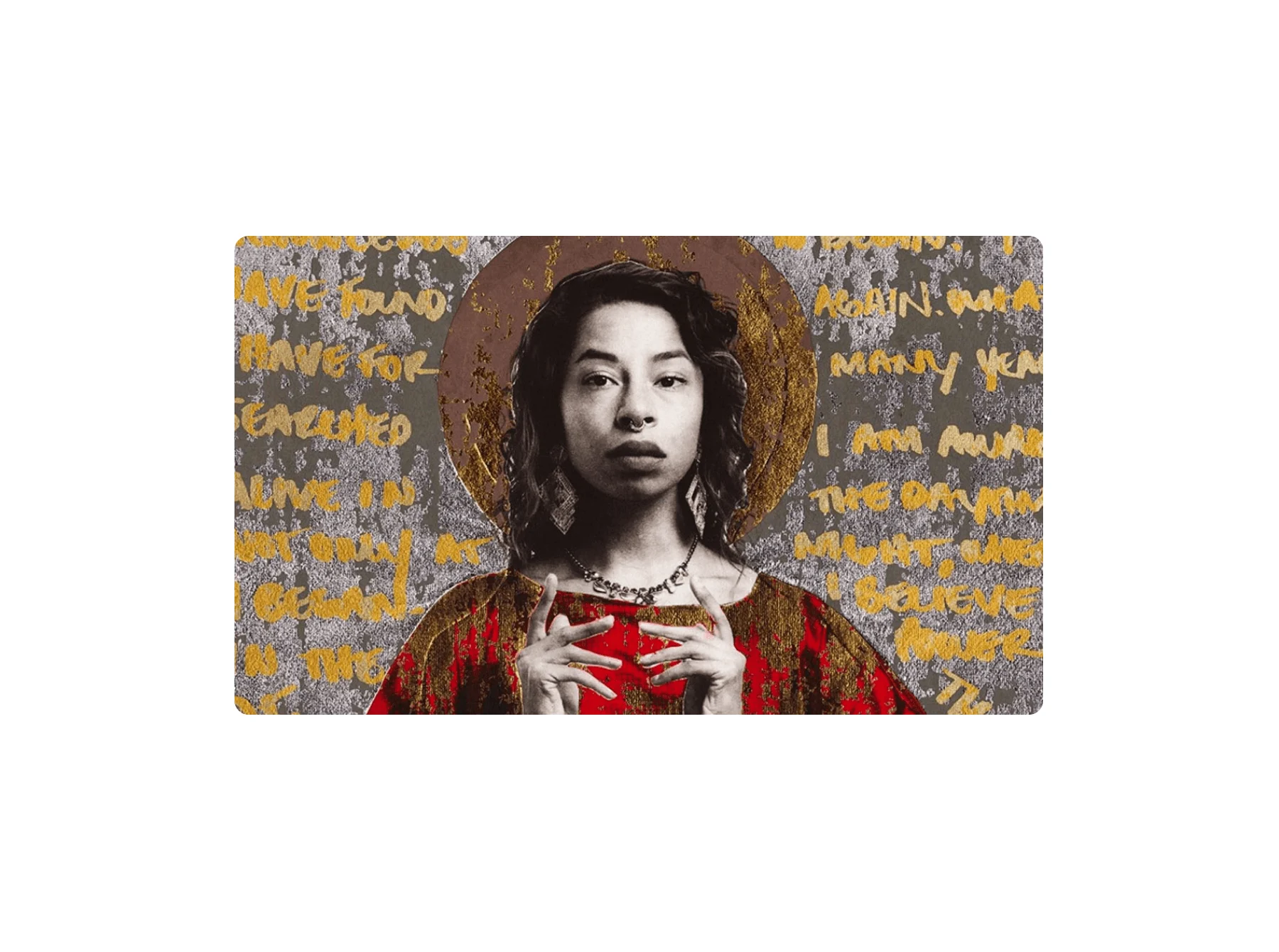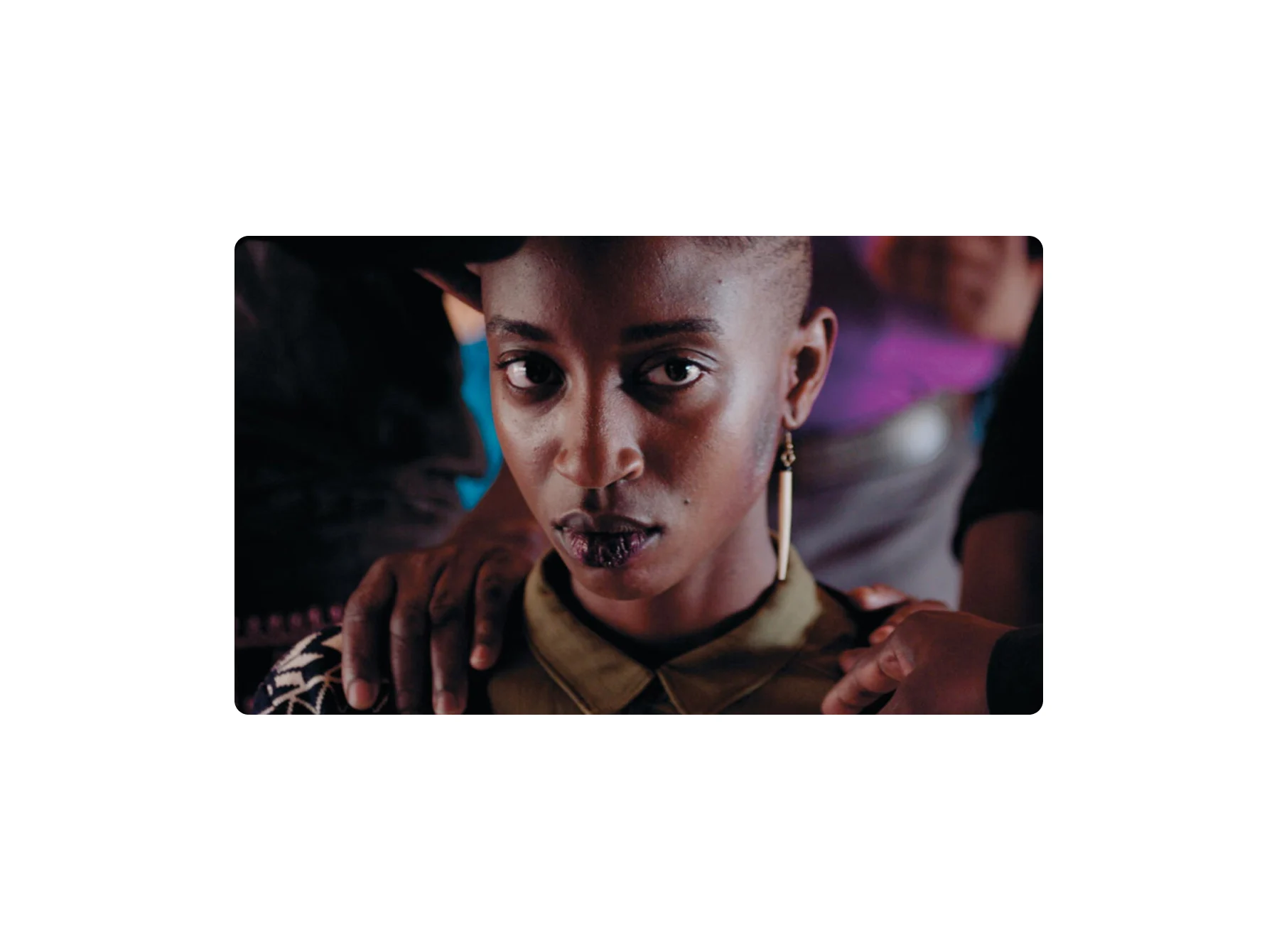
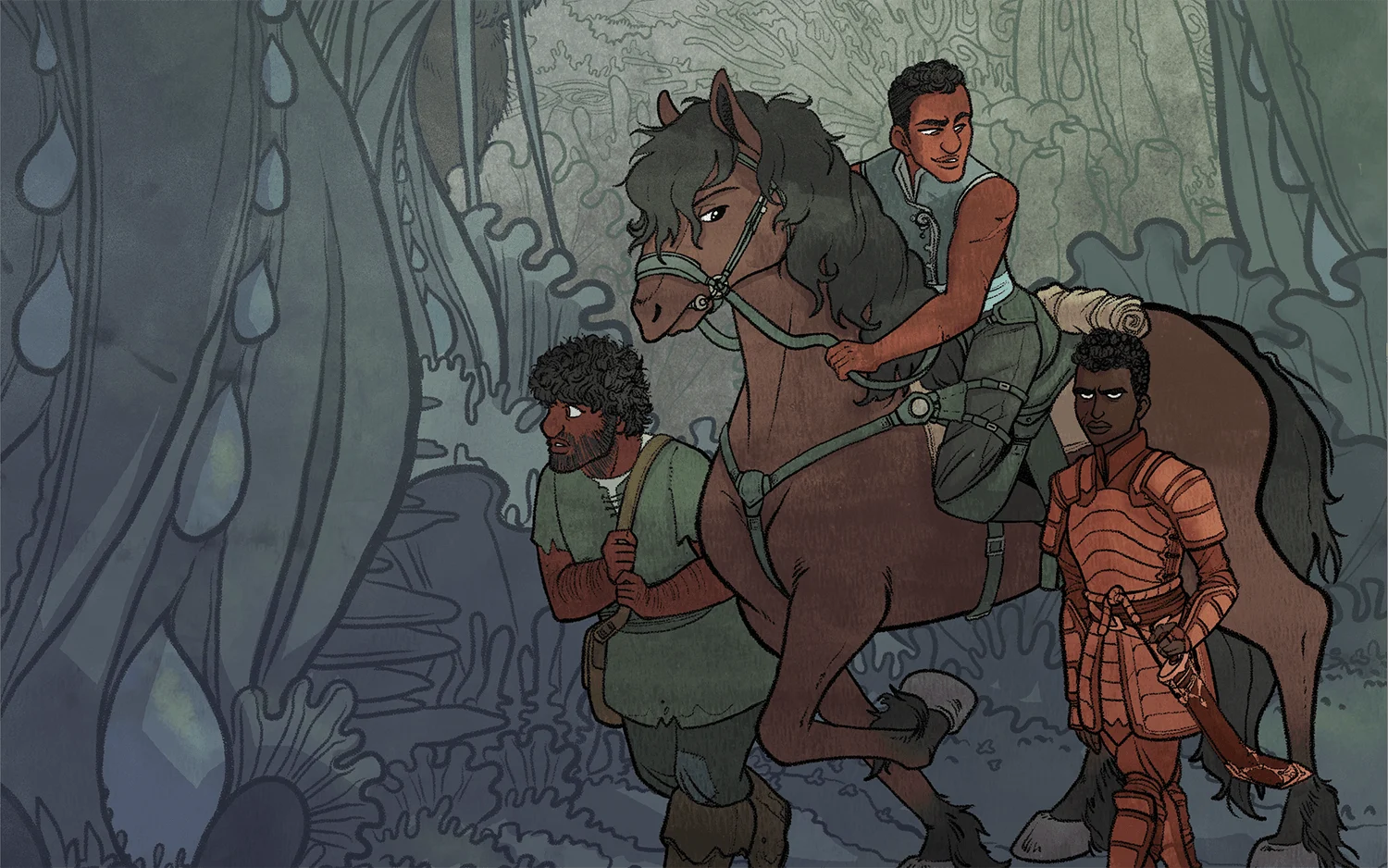
Every two weeks fans eagerly check in to listen to a new episode of The Penumbra Podcast, a fictional sci-fi/noir/adventure series co-created by director Sophie Kaner and writer Kevin Vibert in Boston.
Now in its second season, the Penumbra began as an anthology of unrelated stories, but almost immediately a storyline emerged that called for further unravelling: the story of Juno Steel, a bisexual, non-binary private eye cracking mysteries in the futuristic Hyperion City located on Mars.
It was through writing Juno that Kevin and Sophie first realised their greater mission for the Penumbra: to write characters that are missing – or misrepresented – in other media. The heroes and villains of the series defy gender norms, span sexual identity, and live with mental illness or disabilities, but what’s remarkable about the writing and character development is that none are defined by their labels.
In the year before writing the first Juno Steel stories, Kevin was going through personal realisations about his sexuality and mental health. “I’d gone my whole life thinking I was a straight white cis dude who got anxious or depressed sometimes,” he says.
He came to terms with the fact that these feelings were more serious. Around the same time he also figured out he was bi. “I remember feeling, just… betrayed? Cheated? Like if I’d just figured out my sexuality earlier I would have avoided a lot of pain. There was just a block in me about the idea that queerness could apply to me. When I examined that, and I examined the role-models I had growing up, I had a very strong feeling that I’d never seen anybody I wanted to be like who was a bi dude.”
He brought this to the writing table when he and Sophie were conceptualising Juno. “There were so few male bisexual heroes, and it felt valuable to make one,” he says. When Kevin and Sophie realised the power in this, their guiding mantra for the Penumbra became: “You deserve to see yourself in stories.”
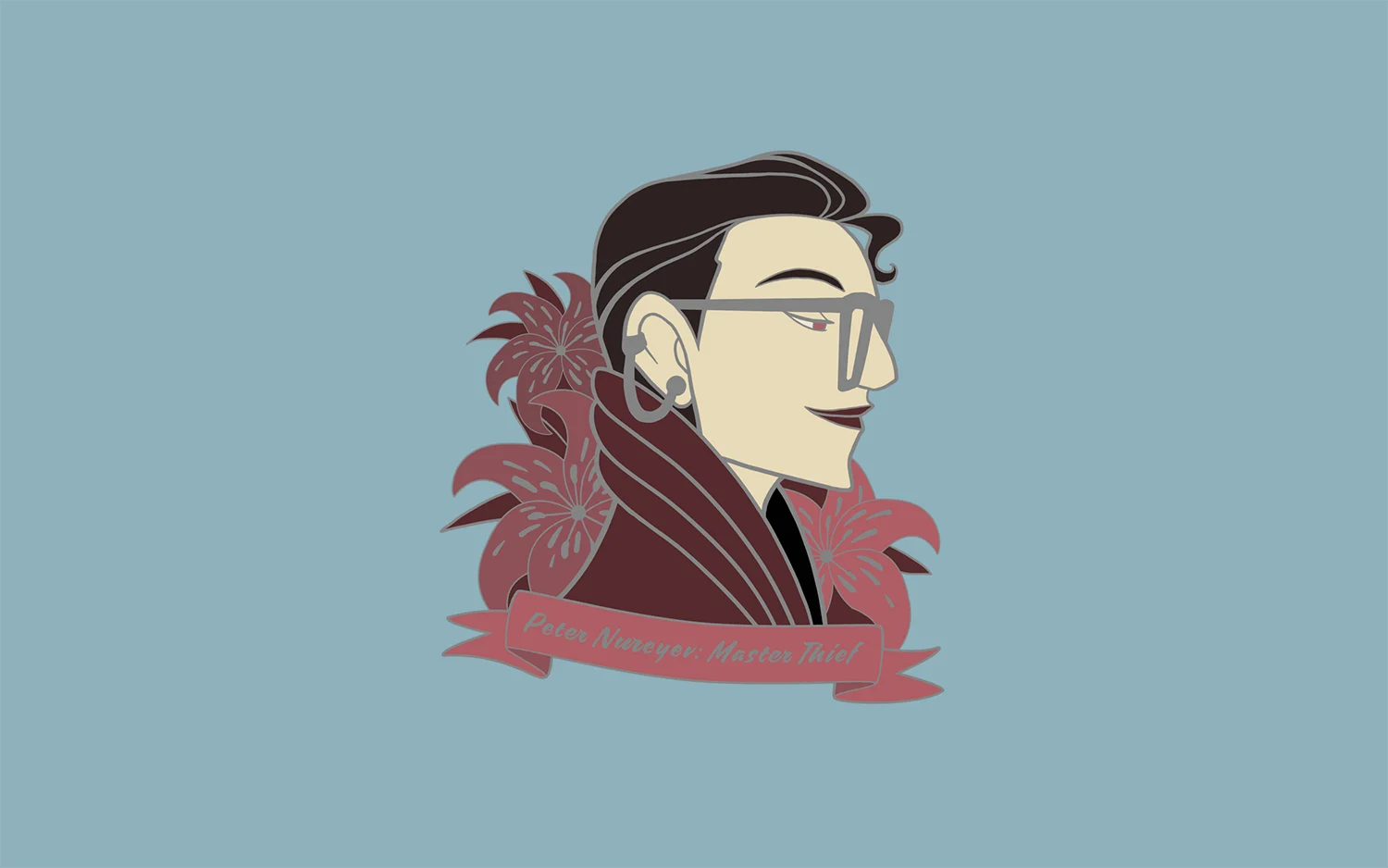
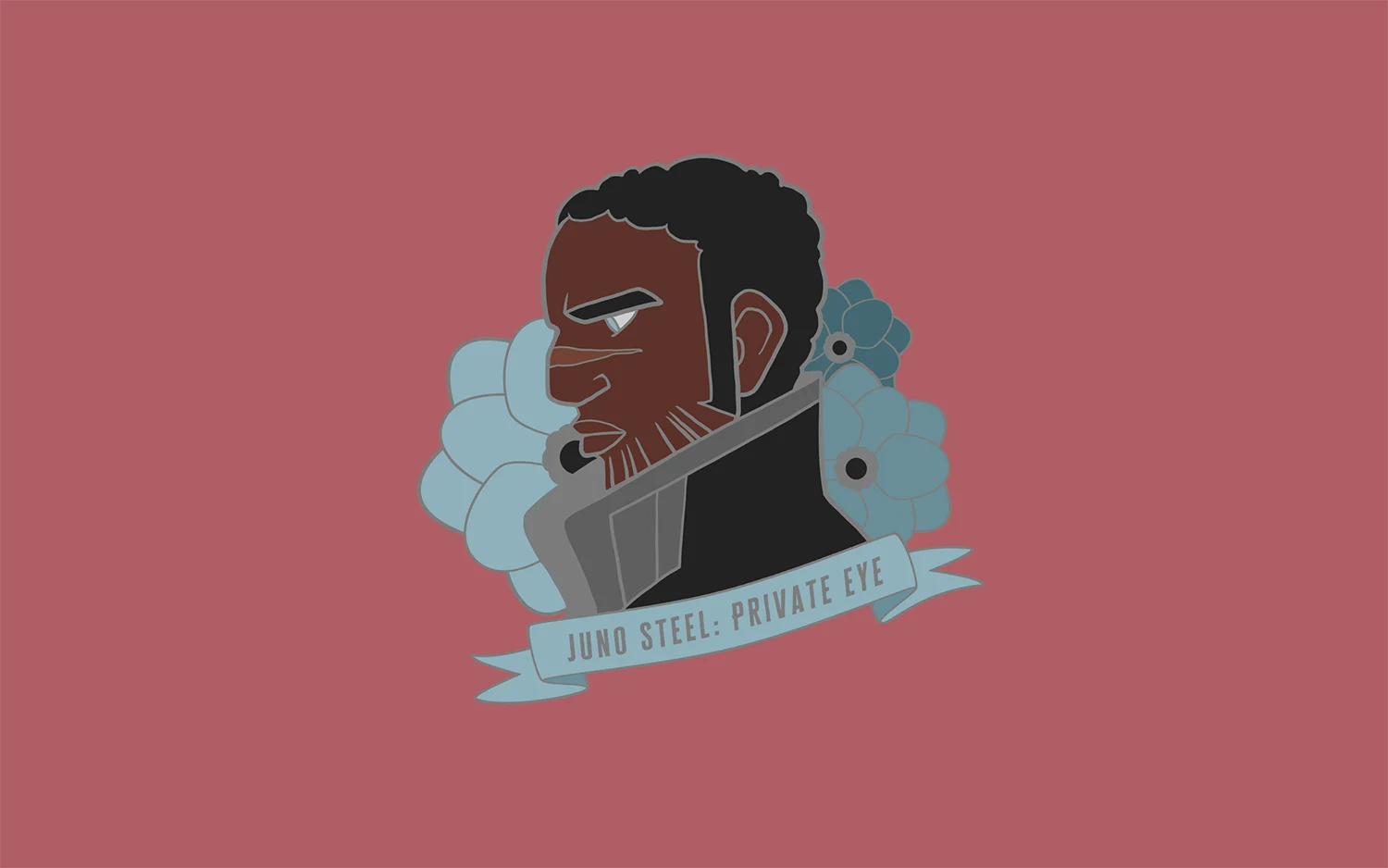
Writing within the genre of sci-fi means the Penumbra team can imagine just about anything, even a world without prejudice. Set in the future, Hyperion City is a society that has evolved beyond racism, sexism, ableism and homophobia. “It means that our characters are free to be queer and genderfluid without even needing words for those concepts, since in their universe they are not baggage-laden,” Sophie says. “When we call Juno “bisexual” and “non-binary,” those are our words, not his, since he is not “othered” for those things and thus has no need to identify them.”
They’ve been criticised for writing Hyperion City this way with some listeners pointing out that you can’t represent queerness without representing the struggles of being queer. Kevin agrees, “The Juno stories do not show the queer experience. They just show that anybody can be a hero, or a villain, or a thief, or an FBI agent, or whatever… which is an extremely simple goal, but one that I really needed to see in the world, so I know it has value.”
The criticism was one of the reasons the team began writing the fantasy The Second Citadel, another series within The Penumbra Podcast, set in a city-fortress surrounded by monsters. In this universe, the characters come up against prejudice as they navigate a world of frightening creatures.
Each new episode of The Penumbra Podcast begins with a question. For example: On a Mars that’s already pretty governed by crime, what does a den of thieves look like? What’s Juno going to do with himself, now? The question will inform the concept which becomes the outline for the story. It changes multiple times in its writing and re-writing, and rehearsals and more rewriting until it’s ready to be performed, recorded and released.
“At the beginning of a season we’re pretty free to do what we want with it,” Kevin says. “But by the end it gets a lot tighter. Which is much harder, but also leads to some of our best storytelling.” If an outline isn’t working, Kevin and Sophie will abandon it immediately. “By staying flexible, we usually come up with something better,” Kevin says.
I always say I’ll know we’ve made it when we get a queer Disney princess
With only sound to inform the story, identity can be tough to communicate. When the story lines are set in lands far and fantastical, current terminology can’t be relied on either. Sophie grapples with questions like, “How can you sensitively and appropriately confirm a trans character’s identity without dead-naming them, in a universe where the word “trans” doesn’t exist? How can you non-invasively confirm an asexual character’s identity when that identity rests largely on what they don’t do? Harder still, how can you do these things without making those identities the sole point of interest about these characters?”
Kevin has found what he calls “half the answer” to the last question: “You treat marginalised identities not like burdens, but like anything else about a person: sometimes a bummer, most of the time a whatever, and sometimes a freaking superpower.”
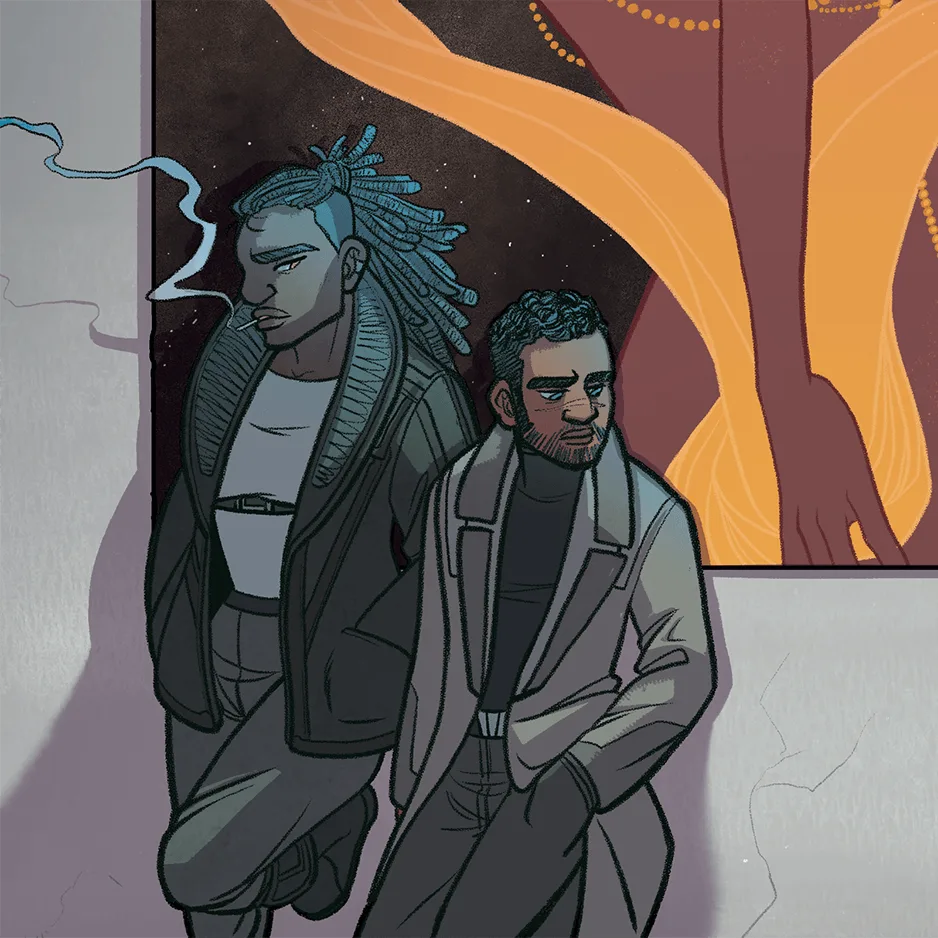
In The Second Citadel, their character Damian is an anxious, obsessive-compulsive knight whose obsession makes him the most dedicated knight of the fortress. “We build the characters, put them in a world with roadblocks of prejudice, and then take them seriously as people,” Kevin says. “A lot of the nuance comes from just letting the characters deal with that how they want to, whether in a healthy or unhealthy way.”
Creating The Penumbra Podcast over the last two years has had a significant impact on Sophie and Kevin. “When we started writing this show, I would have told you I was a woman,” Sophie says. “But as we began to explore the incredible diversity of human sexuality and gender on the show, I realised that I was non-binary.
“I’d venture to say it has changed everyone who has worked on it in some way merely by virtue of writing, listening to, and inhibiting such a broad range of people,” she adds. “For myself, I think I can fairly say that I’ve become more compassionate, more tolerant, more of a socialist, more of an intersectional feminist, and hopefully a better person.”
While Sophie, Kevin and their team are making a commendable effort in getting marginalised identities into the limelight, they can’t singlehandedly write every kind of character in every kind of story. Their biggest hope for The Penumbra Podcast is that it’s a catalyst for their audience to go on to write more shows from different perspectives. “Most of all,” Kevin says, “I want people to listen to our show and say, ‘Wow… you can write any kind of person into a hero, can’t you?’ Then I want them to go write that hero.”
Sometimes it can feel like the real world has a long way to go to catch up to The Penumbra Podcast. “It is getting better, unquestionably,” Sophie says. “But let’s all hurry it up a bit, huh? I always say I’ll know we’ve made it when we get a queer Disney princess.”
This story is part of our Through The Prism of Pride series, where we present stories from LGBTQ+ communities around the world. From London to Lagos, we explore how creative expression can bring about change, understanding and acceptance. See the whole series here.


